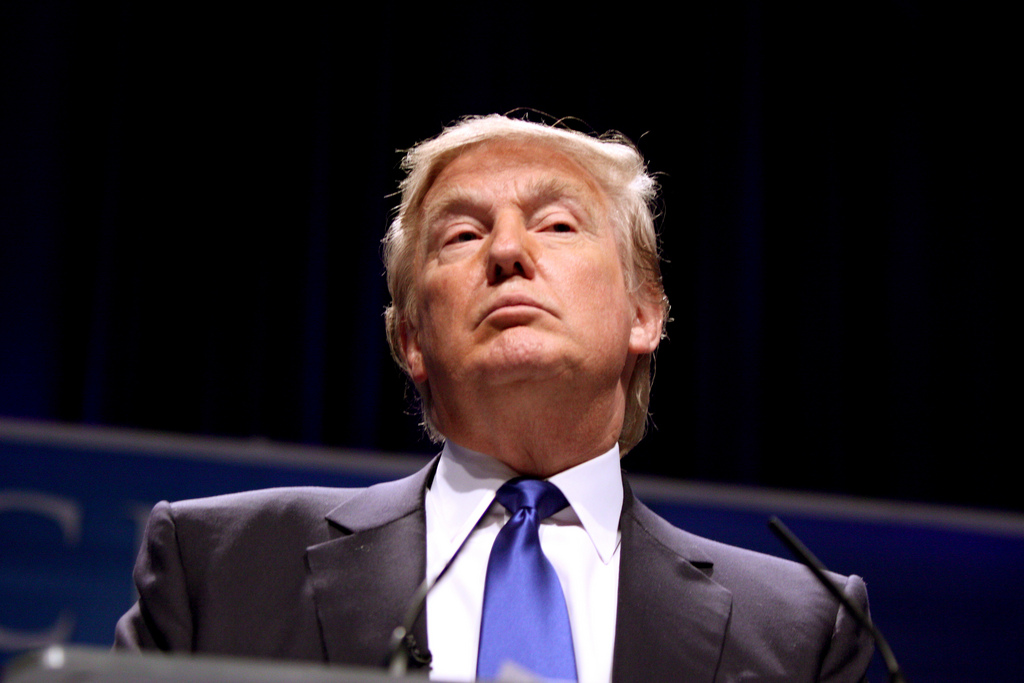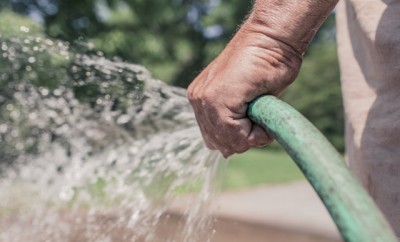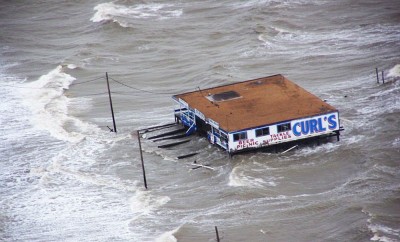Environment
The obstacles Trump will face if he changes EPA climate regulations

Image: Flickr
Donald Trump has promised that he will repeal much of the environmental regulations that were put in place under the Obama presidency. And in fact, it’s quite possible that Trump will be the most vocally anti-environmentalist person to ever assume the office of the President.
That’s something that worries many environmental activists, who fear that President Trump will severely harm efforts t0 protect the environment. For Trump’s part, he has argued that the regulations of the Obama era are damaging to business and have become political statements instead of necessary regulation.
So does Trump truly intend to “abolish the EPA,” as he has promised, and if so, does he have the authority to do so?
Well to begin, Trump has been very vocal on his plans to roll back EPA regulations. And Trump’s pick to head the agency is disconcerting to a lot of people. Scott Pruitt, former Oklahoma attorney general, has previously sued the agency he has been tapped by Trump to lead on several occasions, demanding that it roll back regulations against clean power and industry that he felt hampered economic growth in the state.
In addition, Pruitt is known for his close ties to the oil industry, and letters sent from his office have been shown to have been directly authored by representatives of fossil fuel companies. So in a sense, that’s like appointing someone with close ties to the fossil-fuel industry to be in charge of regulating them.Pruitt is also a vocal denier of climate change and has falsely stated that there is no scientific consensus that climate change is real.
Of course, Pruitt’s appointment must still be put to a vote and many Democratic legislators have promised to block it. Though to do so, they would need the assistance of a number of Republicans, only some of whom have offered to support attempts to block Pruitt’s nomination.
But unlike Pruitt, Trump has vacillated on the issue of climate change. In 2009, Trump took out an ad in the New York Times calling on Obama to take action on the issue. Trump wrote, “If we fail to act now, it is scientifically irrefutable that there will be catastrophic and irreversible consequences for humanity and our planet.”
It’s a far cry from later his later statement that “the concept of climate change was created by and for the Chinese to make US industry non-competitive.”
So it’s quite possible that Trump puts more stock in the issue of climate change than he lets on, and simply sees public denial of it as a convenient, if inexcusable, political expediency to rile up his base. In that case, he might be less aggressive on the issue of environmental deregulation than his public statements would suggest.
But should Trump and Pruitt attempt to follow through on the promise to “abolish the EPA,” they might find the prospect to be a bit more difficult than they expect. The EPA was created by an executive order under President Nixon, but abolishing it would be more complicated. Though Trump could theoretically abolish the agency with a similar executive order, many of the laws passed by congress to protect the environment have been delegated to the EPA as the enforcement agency.
That means that if the EPA were abolished, the government would have obligations under the law to regulate and protect the environment that it would be unable to fulfill. At that point, state agencies could sue the government for failing to meet its obligations. That would require congress to create a new enforcement agency, this one not under the authority of the President, which would effectively remove Trump’s ability to influence environmental regulation.
So such a move on Trump’s part might prove to be self-defeating. Of course, it is possible that Trump’s actual intent is to limit rather than abolish the authority of the EPA. But, this too would prove difficult, as many of the regulations the EPA enforces are difficult to change. Many of them take years of public comment and negotiation before they can be repealed.
The most immediate thing the President can do to limit the authority of the EPA is to strip funding from it, which would make it impossible for it to hire or pay the personnel necessary to enforce its regulations. In that situation,
The real danger to the environment comes from the fact that Trump will be working with a congress controlled by Republican lawmakers, many of whom share Trump’s skepticism of environmental regulation. And unlike the president, Congress has near unlimited power to eliminate environmental protections by repealing laws.
In that situation, only concerted efforts from the public and other members of Congress could prevent the erosion of environmental regulation. And there is a precedent for public outcry stopping environmental deregulation. During the early years of Ronald Reagan’s presidency, his EPA pick, Anne Burford, tried to roll back the role that the EPA played in regulating environmental protections and opened the agency up to influence from the fossil fuels industry. A wave of public backlash eventually forced her resignation.
That may prove to be the greatest model of how we should deal with Trump’s presidency. It would be difficult for the president to strip away the protections in place for the environment in the face of vocal and persistent resistance from the public. And that is the best way to defend the environment though the Trump administration.





0 comments